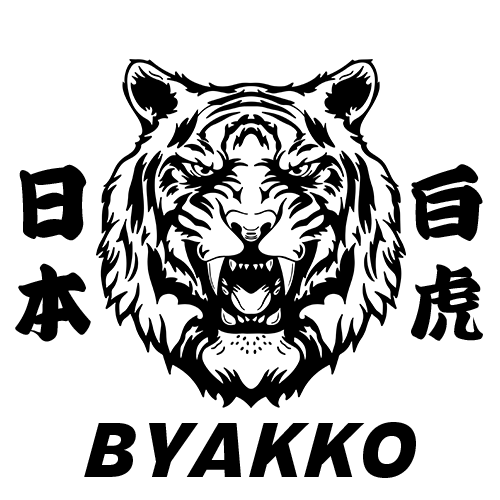The word samurai is known all over the world. Many people imagine a warrior in armour, holding a sword, as often shown in films and comics. But a samurai was more than just a fighter. Their way of life was deeply connected to Japanese values and culture, and their spirit is still alive today.

Samurai history is not only about fighting in wars. In times of peace, they also played the role of moral leaders and symbols of spirit. Their way of thinking influenced martial arts, the tea ceremony, art, education, and even business. Samurai values became part of how Japanese people live and are also seen as symbols of Japanese culture around the world.
Origins and History of the Samurai
From Noble Guards to Warriors
The samurai began in the late Heian period (9th–12th century). The word samurai means “to serve”. At first, they served powerful nobles, protecting their masters and their lands. They were skilled in archery and horseback riding, trained through hunting and combat.
The Kamakura Period – From Fighters to Rulers
In the late 12th century, Minamoto no Yoritomo created the Kamakura shogunate. Samurai then became more than warriors – they were the ruling class, managing land and society with both military power and government leadership.
The Sengoku Period – Loyalty and War
The Sengoku period (15th–16th century) was the most intense age for the samurai. They served powerful lords, fought in battles, and rose in rank through skill and victory. Loyalty, strategy, and success in war were most important. Under famous leaders like Oda Nobunaga, Takeda Shingen, and Uesugi Kenshin, samurai showed their courage and loyalty.
The Edo Period – The Spirit of Bushidō
When the Tokugawa shogunate began in the 17th century, Japan entered 250 years of peace. In this time, the role of the samurai changed from “fighters” to “moral guides”. This was when Bushidō – the “way of the warrior” – developed.
Bushidō valued loyalty, honesty, respect, honour, and self-sacrifice. A samurai’s life itself became a model of these values, even without drawing a sword.
The Spirit of Bushidō in Modern Society
The Core Values of Bushidō
Bushidō was not only about fighting – it was a philosophy of life. Its main values were:
-
Loyalty: to one’s master, family, or community
-
Honesty: avoiding lies, being truthful
-
Respect: treating others politely and keeping order
-
Honour: protecting one’s good name and avoiding shame
-
Courage: acting rightly without fear
-
Self-sacrifice: putting others or society before oneself
These ideas have influenced Japanese ethics and are still seen in the honesty, sense of duty, and politeness of Japanese people today.
The Sword as a Symbol
The samurai sword (katana) was not only a weapon but also called the “soul” of the samurai. It reflected their honour and the spirit of Bushidō. Even today, Japanese swords are highly valued as art, admired not just for their beauty but also for their deeper meaning.
Bushidō in Business and Education
-
Business: Values such as honesty, duty, and loyalty still guide Japanese companies. Trust with customers, responsibility to society, and fairness are seen as very important. Many firms even include Bushidō-like lessons in leadership training.
-
Education: The ideas of respect and responsibility in schools are linked to Bushidō. Children learn morals and values for life in society through these teachings.
Samurai Spirit in Culture and Daily Life
Samurai culture is not only history but still lives in Japanese traditions today.
-
Martial arts: Kendo, judo, and archery keep the skills and discipline of the samurai alive. They train the mind and manners, not just the body. People all over the world practise them to learn Japanese spirit.

-
The tea ceremony: This art, also valued by samurai, is not just about serving tea. It teaches calmness, respect, and harmony. It is a way to practise the spirit of Bushidō in daily life.

The Samurai Spirit Lives On
Samurai culture is not just a relic of the past. Its values of honesty, loyalty, and honour still shine in modern life. Through business, education, martial arts, and traditional arts like the tea ceremony, the samurai spirit is passed down.
The influence of the samurai continues in Japan and around the world. Their way of life, built on discipline and respect, remains a timeless source of inspiration.
